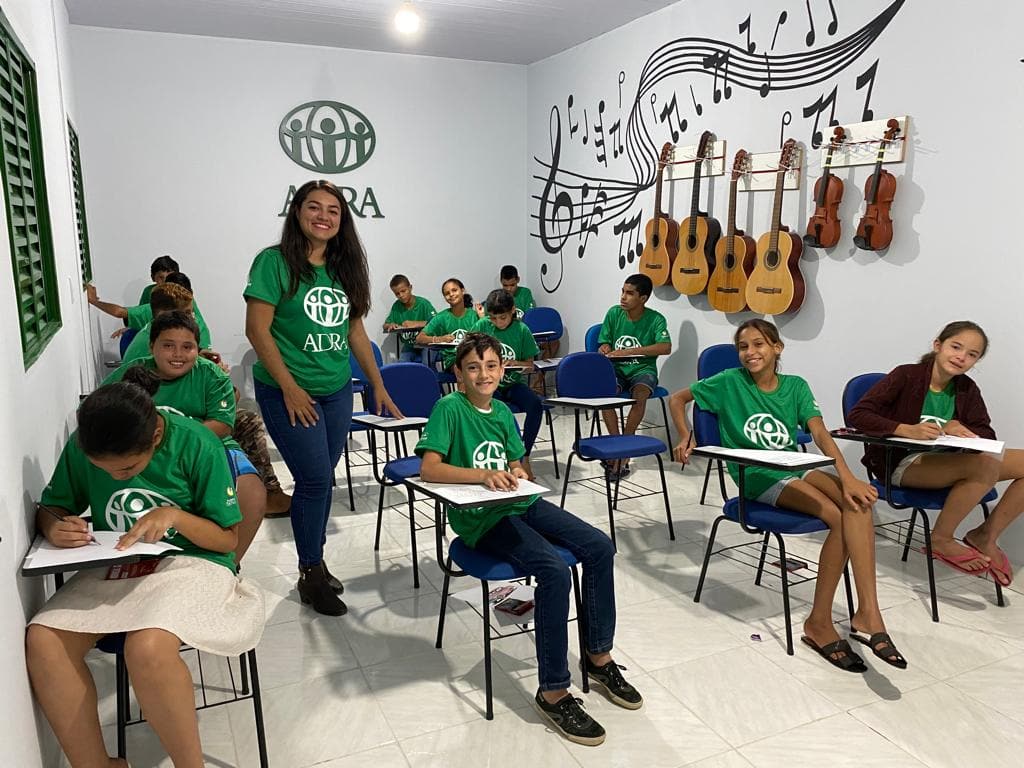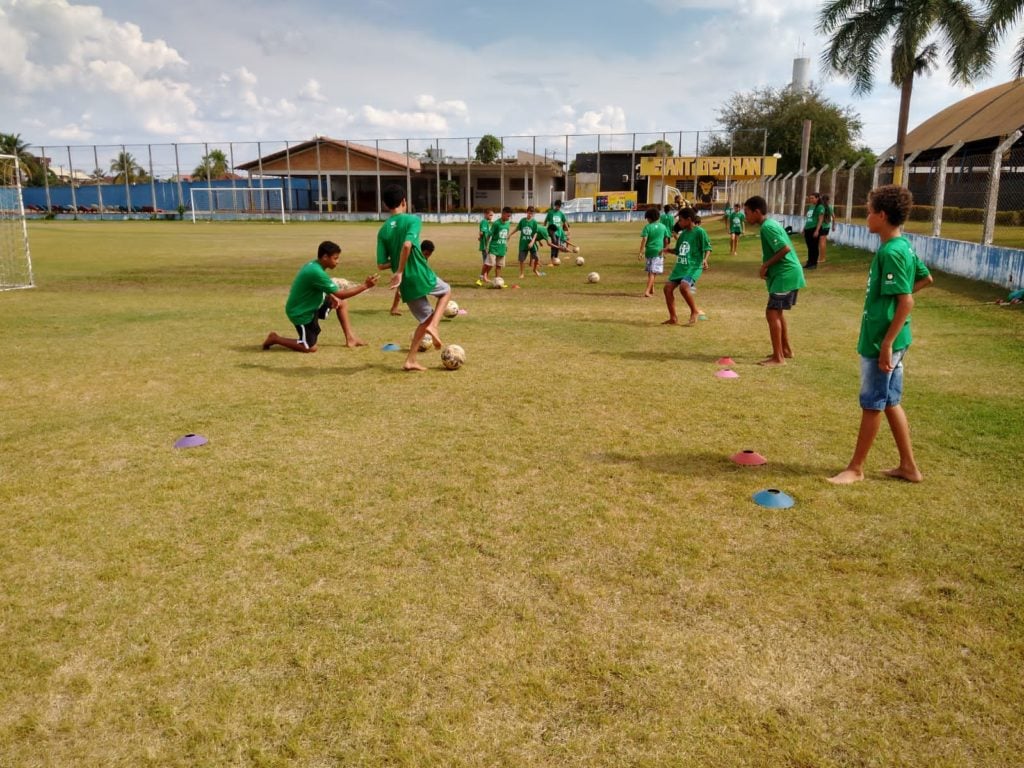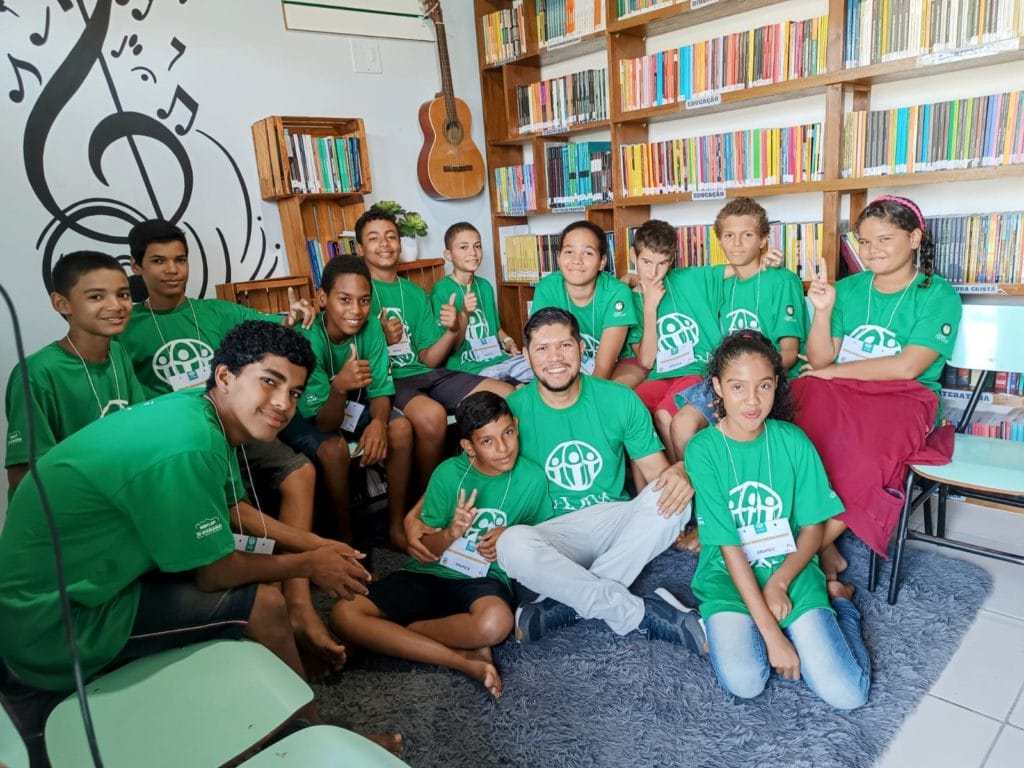
On June 12, World Day to Combat Child Labor, the eyes of the world turned to a problem that affects more than 160 million children around the globe, according to data from the International Labor Organization. The special day, which aims to raise awareness about the elimination of the practice, brings a sad reality to the forefront. Due to this scourge, many children are deprived of their fundamental rights, including a safe childhood, quality education, and the freedom to explore their own talents and abilities.
In Brazil, the Brazilian Institute of Geography and Statistics estimates that more than 1.3 million children are involved in child labor. To tackle this scourge, the Adventist Development and Relief Agency (ADRA) in Brazil has been working to fight this practice through the Revive Project.
Located in Ji-Paraná, Rondônia, the initiative provides a safe haven and growth opportunities for vulnerable children and teens ages 10-14. Through various educational, social, sports, teaching, and cultural activities, the initiative provides balanced physical, mental, and social growth. “Our activities are designed to help children develop logical reasoning, reading, and writing skills and discover their talents,” coordinator Elivelton Costa de Souza explained.


To combat child labor and provide a development-friendly environment, the project implements a range of activities and includes a focus on educational support, organizers said. Social and sports activities, including swimming, soccer, and volleyball lessons twice a week, aim not only to promote physical health but also to encourage teamwork, discipline, and sportsmanship among children.
Concurrently, teaching activities, which include group activities and professional lectures, seek to develop children socially and emotionally. They help to improve the ability to interact with other people and manage emotions, coordinators said.
Finally, children and teens can access cultural activities, including art classes such as drawing and painting. There is also music instruction, including guitar and flute classes. All of these activities seek to help them express their feelings and share their thoughts through art.
Impacted Lives
The initiative has had an impact on the lives of children, as was the case with Lucas. He witnessed his mother’s murder when he was 8 years old. Since then, Lucas has been raised by his grandmother, Maria do Carmo, who describes the ADRA initiative as a great blessing in her grandson’s life. “His behavior, school grades, and life with family, friends, and neighbors have significantly improved thanks to the ADRA project,” she said.
Despite the challenges in offering the initiative long term, the team remains committed to expanding and enhancing its services. “Our biggest challenge today is to get financial resources to expand the number of beneficiaries,” Costa de Souza said. “[We want to] further improve the services we offer.”
The original version of this story was posted on the South American Division Portuguese-language news site.